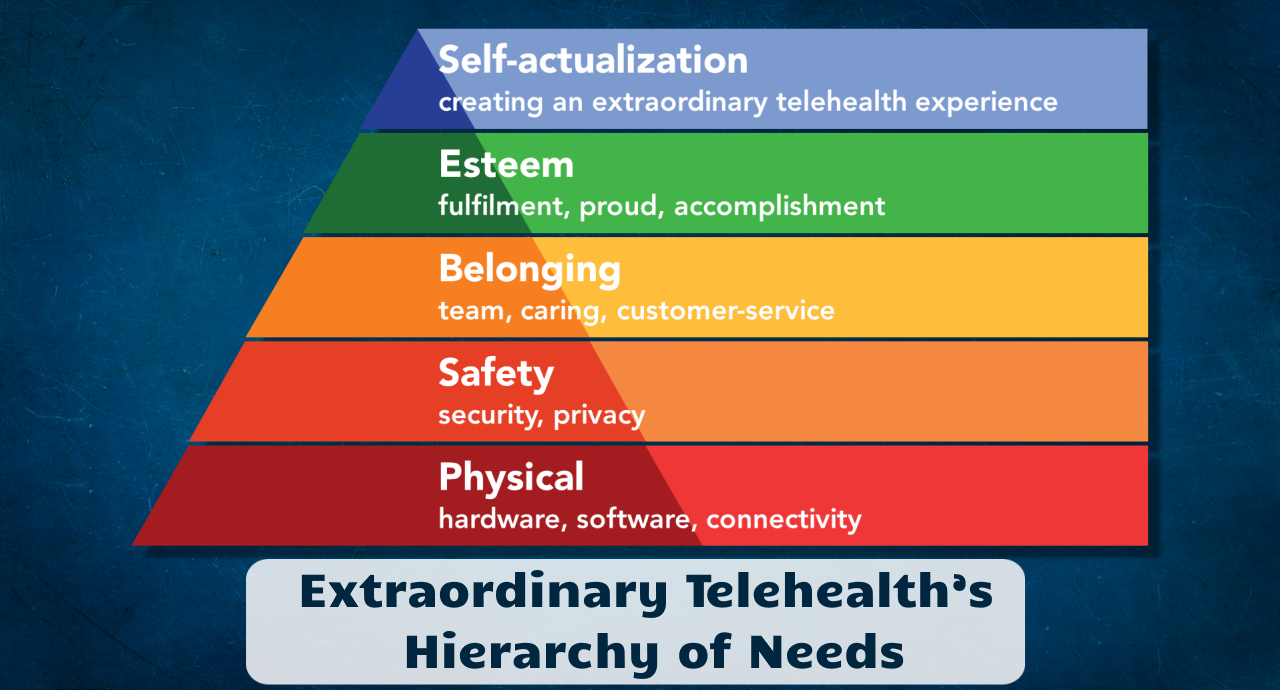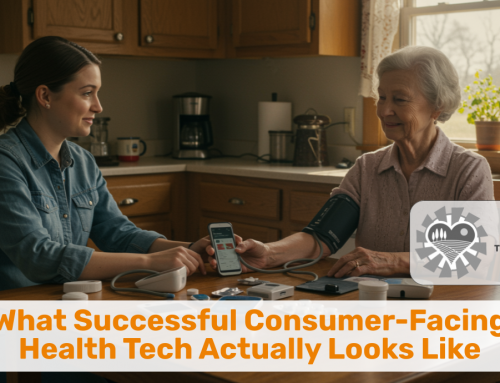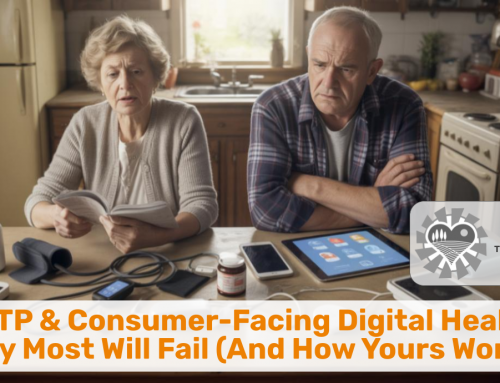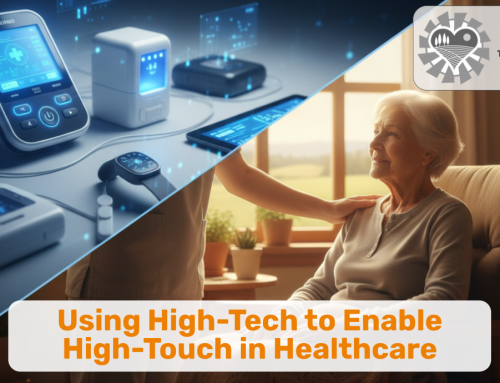Many of us, mostly in college, have come across the concept of Maslow’s hierarchy of needs.
To reach the highest level, that of self-actualization, people first need to have some of their basic (physiological) needs met, such as breathing, food, water, sleep, etc. A second set of basic needs, focused on safety, include health, shelter, a safe environment, etc.
The next two levels address humans’ psychological needs, such as intimate relationships and friendships, followed by esteem needs such as respect, status, recognition, being proud of oneself, a sense of accomplishment, making a contribution, etc.
Having one’s needs met at these levels opens the door to the highest level, that of self-actualization: to be creative, to reach one’s full potential.
The premise of Maslow’s model is that you cannot reach and sustainably stay in the higher levels until you have your needs met in the lower levels.
As we’ll explore in the following sections, that principle — and the order in which those various needs are met — also holds true for achieving extraordinary telehealth.
Basic Needs
At the basic level, akin to the physiological needs of Maslow’s hierarchy, extraordinary telehealth requires the basics on both, the clinician’s side and the patient’s side:
- adequate technology in the form of good hardware such as a monitor, webcam, microphone, speakers, proper lighting, and an adequately equipped computing device.
- reliable connectivity on both ends in terms of bandwidth (driving the quality of the sound and video) and latency (resulting in no dropped or stuttering connections)
- software solutions (“apps”) providing a good experience before, during, and after the telehealth visit
On the “safety needs” side the requirements include
- security — such as encryption to protect the connection
- privacy — not only to protect the digital health information, but also to protect both participants from being overheard
- cost — the price to run telehealth (for the clinic) as well as the price to use telehealth (for the patients) must be affordable
Psychological Needs
Once the basic needs have been met, a telehealth service must next meet the clinicians’ and patients’ psychological needs in order to be experienced as “extraordinary”.
On the clinic side, that includes the feeling that everyone that is contributing to the success of telehealth is playing together as a team. The schedulers, the medical assistants, the nurses, the clinicians and the clinicians’ peers, the billing staff, the technical support staff, the marketing team, the legal team, and leadership all must work together as a well-oiled machine, each doing their part to contribute to a “good experience”.
On the patient side, the same logic applies: each person of the care team that the patient interacts with is part of their telehealth experience. Telehealth (or any care for that matter) is perceived much better, when the patients feel taken care of.
On the esteem level, this also includes, on the clinic side, celebrating the successes, e.g., for clinicians to share how a telehealth visit made a difference in a patient’s care journey. Years ago a psychiatrist shared with her team how the ability to see a patient in crisis via telehealth on a Friday afternoon prevented a hospitalization, since the patient, who lived 40 miles away, would not have been able to get transportation to see the psychiatrist in person. That story made everyone on the team feel good for weeks. And I remember it still, 10 years later.


Esteem also pertains to making it easy to be delighted – from a process perspective as well as from a technology perspective. Many software solutions used for telehealth are unnecessarily cumbersome and not optimized for the patient experience and the clinician experience. In addition to user-friendly software, training both clinicians and patients on the proper use of the technology and the accompanying process steps is also key to creating a feeling of mastery and accomplishment. Nothing frustrates a patient or a clinician more than feeling stupid when they can’t get the technology to work right. The goal is to make the experience as smooth as possible, so patients and clinicians feel in control.
Extraordinary Telehealth
Once all these fundamental needs are met — reliable, working technology; no concerns about privacy; an easy experience that leaves you feeling good — then clinicians and patients can both engage in making the televisit an extraordinary care experience.
Imagine no frustration or distraction with getting into the virtual call. The technology fades away momentarily as doctor and patient are discussing the patient’s health and care plan. The result is a significant drop in no-shows and cancellations. Patients feel connected and clinicians are focusing on providing excellent care, performing at their best.
As Maslow laid out in his model: the ultimate desire is to achieve one’s full potential. For clinicians that means that they are fully practicing “on top of their license”, which I here mean to say that they are solely focusing on practicing medicine — not on technical troubleshooting or hunting for information they need and other nuisances of modern medicine.
When the processes and the technology fade away, the patient and the doctor can act as a team, being creative and being spontaneous. With great telehealth solutions, clinicians can share resources in real time, play video clips to make their point, share test results and annotate them, and draw on a virtual whiteboard.
That – and more — is the ultimate self-actualization of integrating telehealth in the delivery of care. That’s the delivery of extraordinary care at a distance.
And that is my and our team’s vision for telehealth.
Do you want to reach Telehealth Nirvana? Then reach out to explore the tools we offer to optimize your telehealth experience.








To receive articles like these in your Inbox every week, you can subscribe to Christian’s Telehealth Tuesday Newsletter.
Christian Milaster and his team optimize Telehealth Services for health systems and physician practices. Christian is the Founder and President of Ingenium Digital Health Advisors where he and his expert consortium partner with healthcare leaders to enable the delivery of extraordinary care.
Contact Christian by phone or text at 657-464-3648, via email, or video chat.









Leave A Comment